Eid sacrifice comes at hefty price
Sellers blame rising transportation, operational expenses
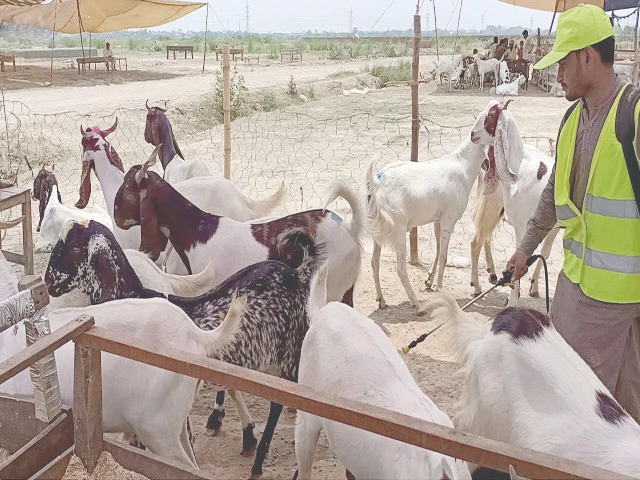
With Eidul Azha drawing near, trading activity in cattle markets across Lahore is gaining momentum. However, soaring prices of sacrificial animals have left many citizens frustrated, while sellers point to rising costs of animal husbandry and transportation as key contributors to the surge.
A visit to Shahpur Kanjran — the city's largest cattle market — and several designated sale points revealed a wide variety of livestock on display. However, buyers said prices had jumped by 80 to 90 per cent compared to last year, blaming market manipulation and inadequate regulatory oversight.
Kamran Malik, a buyer at one of the markets, said he had planned to purchase a goat but was taken aback by the prices. "Even a small goat now starts at Rs80,000 to Rs90,000, and some are priced well into the hundreds of thousands depending on breed and appearance," he said. "It's becoming unaffordable for the average family."
Prices of larger animalssuch as calves, cows, and bullsare even steeper, starting around Rs200,000 and reaching Rs500,000 or more for healthy specimens.
Premium animals with distinctive features or exceptional build are being sold for over a million rupees in some markets.
Muhammad Buksh, another shopper, criticised what he described as the commercialisation of a sacred tradition. "Eidul Azha teaches sacrifice, but it has turned into a season of profiteering," he said.
"Traders cite inflation, fodder, and fuel costs, but in the end, it's the middle class that's burdened," he said.
Other citizens echoed the sentiment and called for government intervention. Zia Qureshi, visiting a market in the Ravi area, urged authorities to regulate livestock prices. "If these trends persist, many people won't be able to perform qurbani this year," he said.
Livestock traders defended the rising prices, citing increased operational expenses. Muhammad Boota, a farmer from Rahim Yar Khan, said fuel price hikes had doubled transportation costs. "From loading charges to roadside bribes, the journey from our farms to city markets is expensive," he said. "People assume we're overcharging, but we're just trying to recover the costs of raising animals all year."
Shahid, another trader, said that despite the evening rush, overall sales remained slow. "Most people are here to survey prices. Nearly half are not committing to purchases yetpossibly waiting for last-minute deals," he added.
In light of the growing activity, Lahore Division Commissioner Zaid bin Maqsood visited the Halloki cattle market on Wednesday to assess preparations and ensure compliance with official regulations.
The commissioner inspected service camps set up by the livestock department, Lahore Waste Management Company, Rescue 1122, and other agencies. The Wagah assistant commissioner briefed him on the operational setup and preparedness.
The commissioner reviewed the availability of essential facilities, including electricity, tents, potable water, sanitation, and medical support. He also interacted with traders to gather first-hand feedback.
Special focus was placed on veterinary services. The commissioner examined the stock and expiry dates of medicines and verified staff attendance.
He stressed the need for strict enforcement against unauthorised cattle enclosures and directed officials to take immediate action to dismantle illegal setups, maintaining zero tolerance for violations.




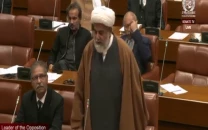
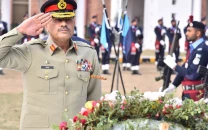
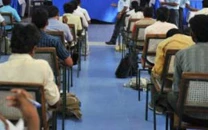
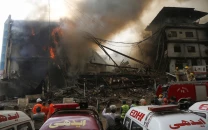

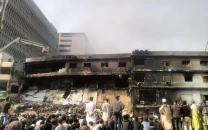
1733130350-0/Untitled-design-(76)1733130350-0-208x130.webp)
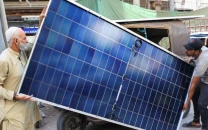

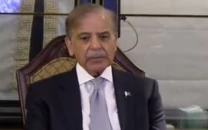






COMMENTS
Comments are moderated and generally will be posted if they are on-topic and not abusive.
For more information, please see our Comments FAQ